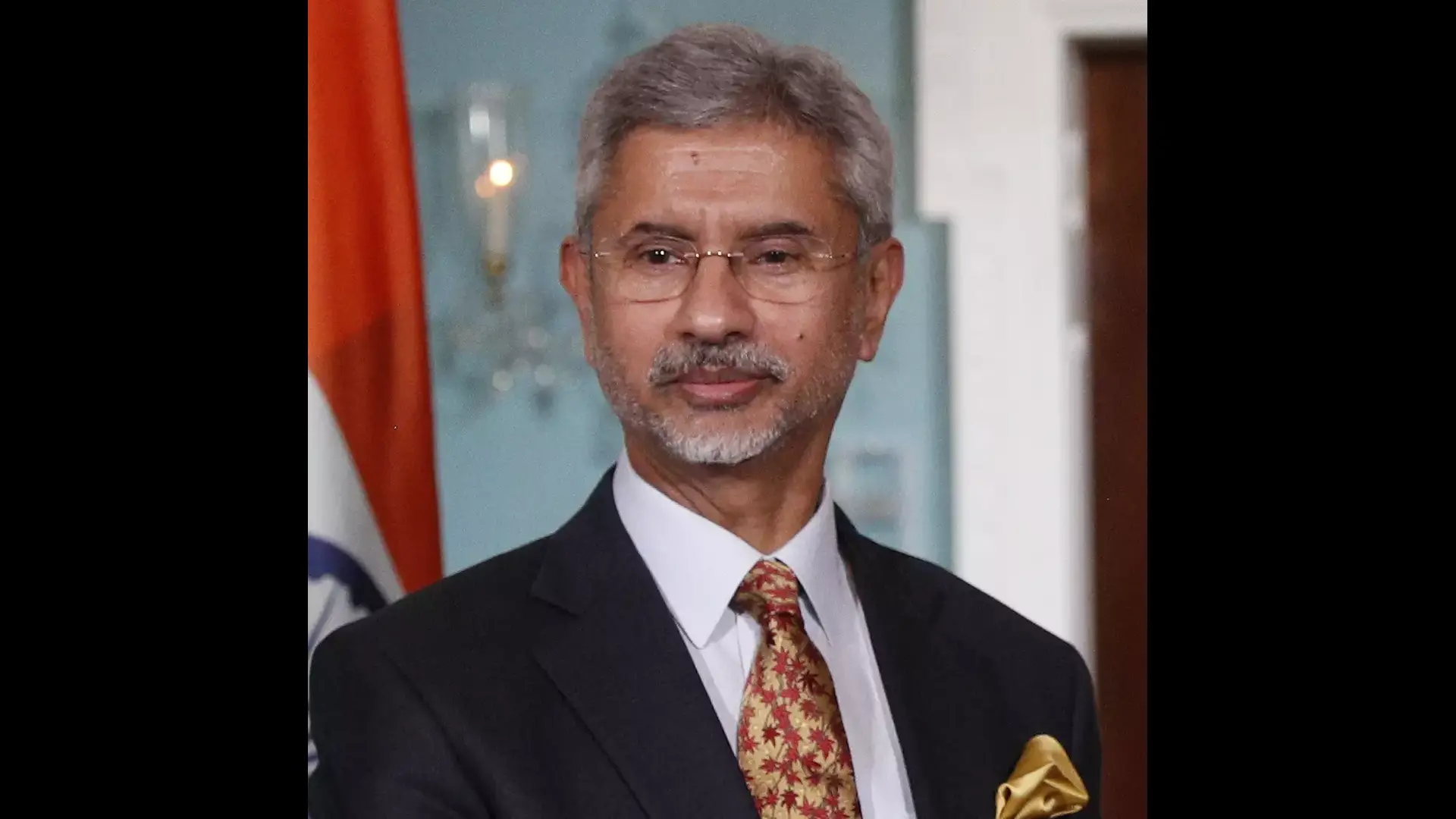Following the death of 26-year-old Ernst & Young (EY) employee Anna Sebastian Perayil, an investigation has uncovered that EY’s India office had been operating without a state permit regulating work hours since 2007.
Perayil, an audit executive, allegedly died from cardiac arrest due to overwhelming workload. Her mother wrote a letter to EY India’s chairman, Rajiv Memani, accusing the company of subjecting her daughter to an intense work environment with long hours, including weekends, leaving no time for rest. The incident has sparked wider discussions on the impact of high-pressure jobs on employee health.
Maharashtra’s additional labour commissioner, Shailendra Pol, led an inspection of EY’s Pune office and confirmed that the company was operating without a mandatory permit required under the state’s ‘Shops and Establishments Act’. This law caps adult work hours at nine hours per day and 48 hours per week.
Pol revealed that EY India applied for the necessary registration only in February 2024, despite having operated the office since 2007. The application was rejected due to the prolonged non-compliance. EY India has been given seven days to respond and explain the oversight. If found responsible for non-compliance leading to serious injury or death, the company could face a fine of up to ₹5 lakh, and its leadership could face up to six months in jail.
EY previously stated that employee well-being is a top priority and assured that they are addressing the family’s concerns with “seriousness and humility.”
The investigation will also examine EY’s log book for employee work hours, its welfare policies, and whether Perayil had been subjected to excessive workloads during her four months at the company.
The National Human Rights Commission (NHRC) has taken suo motu cognisance of the case, calling excessive overwork a severe violation of rights. The NHRC has issued a notice to the union ministry of labour and employment, seeking a detailed report on the matter.







